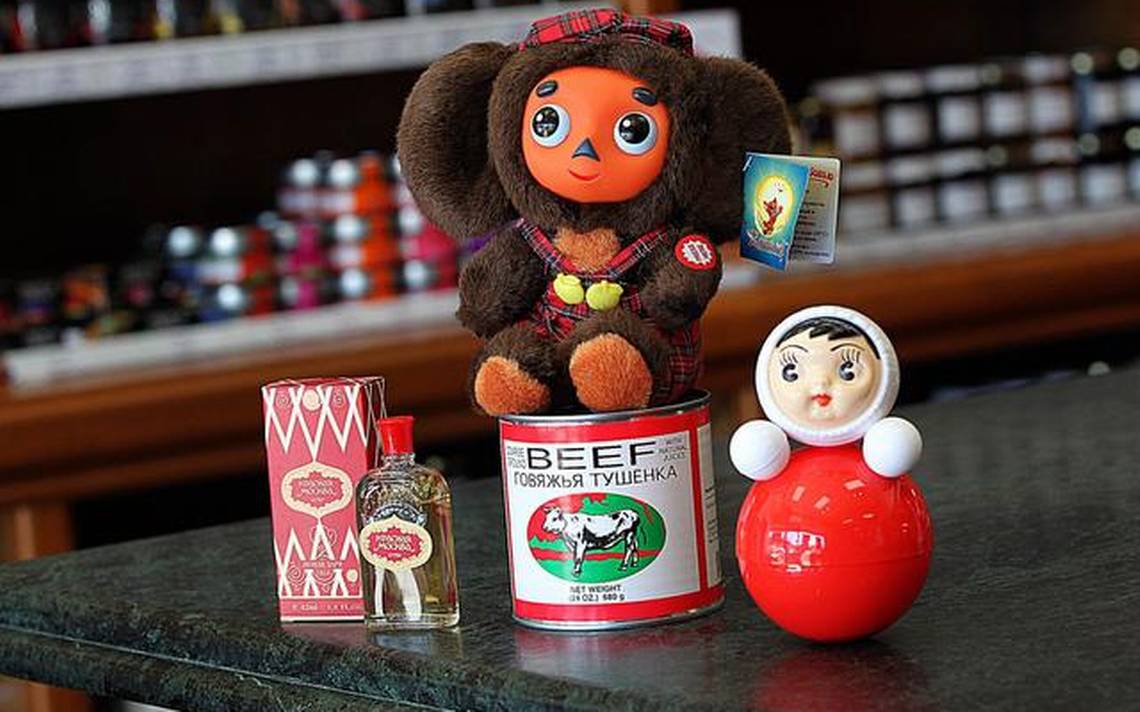
 Cubanet, Luis Cino Alvarez, Havana, 18 May 2017—A neighbor of mine in Arroyo Naranjo recently had to ask an old friend of his who lives Miami to help him obtain some amitriptyline. A psychiatrist had recommended this medication for my neighbor’s wife to treat a nervous condition that would worsen without it.
Cubanet, Luis Cino Alvarez, Havana, 18 May 2017—A neighbor of mine in Arroyo Naranjo recently had to ask an old friend of his who lives Miami to help him obtain some amitriptyline. A psychiatrist had recommended this medication for my neighbor’s wife to treat a nervous condition that would worsen without it.
This drug, among many others on a very long list, has been off the shelves of Havana pharmacies for months. The official excuse, aside from usual ones such as “the criminal blockade [U.S. embargo],” is that the cash-strapped Cuban state has been unable to square its debts with foreign pharmaceutical companies.
For the very astute customs officials at Cuban airports, ever on the hunt for drug trafficking and other illegal activities, it is a headache to conduct their painstaking inspections of the troves of medicines and vitamins that are brought in by travelers from the U.S.
Thus, it is no surprise that in Havana at this time, it is easier to find Tylenol than aspirin, and Centrum or Kirkland brand vitamins than the yellow multivitamin powder produced by the state, which some prefer not to use because it “whets their appetite too much.”
Cubans on the Island are evermore dependent on the remittances and packages they receive from their relatives and friends abroad, primarily those in the U.S., whom the regime demonized for decades, called traitors, and tried to cut their emotional ties to Cuba.
Many Cubans depend on the emigres and exiles not only for medicine, sustenance and clothing, and the monthly recharging of their mobile phones. They also request and obtain from them the most varied and sundry goods: from santería necklaces and white garments for the iyabó to school uniforms, and even parts for Russian-made automobiles.
That’s right. You heard it. In various Miami establishments one can find parts for Soviet-era automobile makes such as Lada and Mokvich, and for Ural and Berjomina motorcycles. In today’s Russia it is probably difficult to find these parts, they may not even be produced anymore, but in Miami, I know not how, there is an abundance of them. And obviously they are aimed at Cuba, where Russian cars compete for longevity with the Fords and Chevrolets more than 60 years old that are still circulating.
But do not be surprised by the availability of Russian products in Miami (let us hope this is not a plot by Czar Putin and his intelligence service). When I visited that city last year, I spotted on the shelves of a well-stocked bodega (it being so Cuban I hesitate to call it a supermarket), located on Southwest 27th Avenue near Coconut Grove, nothing less than Russian canned meat. Those very same cans that we would refuse back in the day, the ones we said contained bear flesh or god-knows what other greasy Siberian beast, and that today, after so many years of enforced vegetarianism, cause our mouths to water as though they were the most exquisite delicacy. It appears that in Miami, while hunger is not their motivation, there are Cubans who are nostalgic for Russian canned meat, because I doubt very seriously that the only customers for this product would be the wealthy Russians who reside in Hallandale and Sunny Isles.
In Hialeah, which is like a piece of Cuba transplanted to South Florida (but without the ration books and the CDR) it probably is not very difficult to find those damned cans of Russian meat.
Also there, and in any other part of Miami, one can hear reggaeton and watch the pigswill of Cuban TV. And don’t be surprised if the generation of Bolek and Lolek manage to get their hands on those cartoons they had to watch as children in Cuba, when Pluto, Porky Pig and Donald Duck were considered agents of the imperialist ideological penetration.
Those who cannot resign themselves to watery coffee and bland cigarettes—if they wish to smoke (to the horror of the nonsmokers, always such scolds) stronger cigarettes than American Spirit and the Wranglers sold by the Indians in Kendall—can find in Hialeah, and not too expensive, cigarettes directly from Cuba: H. Upmann, Populares and even the unsmokeable Criollos and Titanes, a.k.a. “chestbusters.”
It seems to be true what I heard from a Cuban American who, as a sort of savior-magus bearing gifts, was visiting his impoverished relatives in Mantilla: “You can find everything in Miami, anything, whatever it is.”
Translated by: Alicia Barraqué Ellison
